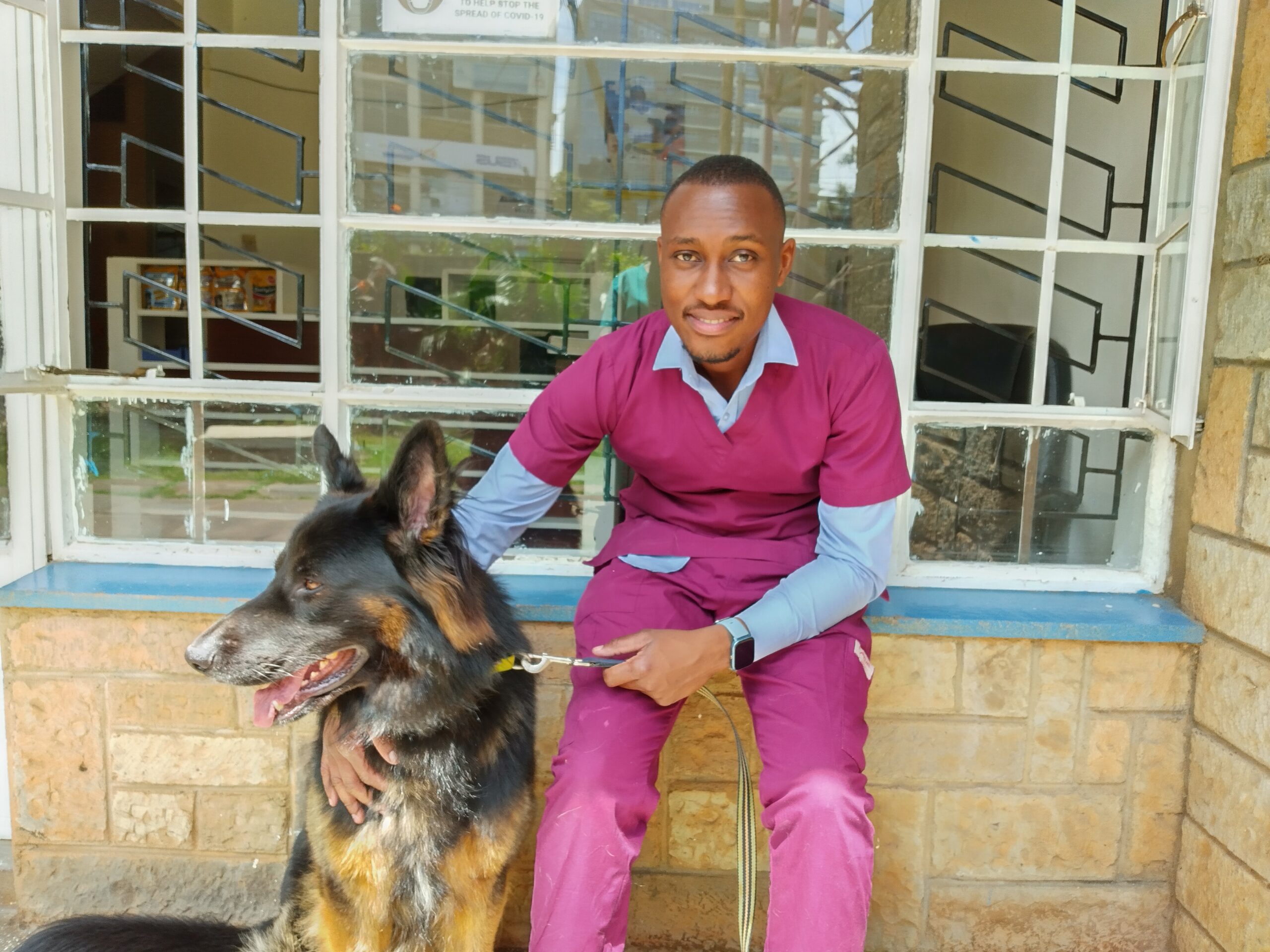Feeding dogs a raw meat diet, commonly referred to as a raw diet or raw feeding, is a controversial topic in the veterinary and pet owner communities. Advocates of raw feeding argue that it can provide health benefits, while critics express concerns about potential risks.
It’s essential to weigh the pros and cons and make an informed decision based on your dog’s individual needs. Here are some key points regarding the importance and risks of feeding dogs raw meat:
Importance of feeding dogs raw meat:
- Nutrient Variety: Raw meat diets often include a variety of meats, bones, organs, and sometimes vegetables, which proponents argue can provide a diverse range of nutrients.
- Improved Coat and Skin: Some raw feeders claim that their dogs experience improvements in coat condition and skin health. This is attributed to the natural fats and oils present in raw meats.
- Dental Health: Chewing on raw bones is thought to promote dental health by helping to clean teeth and gums naturally.
- Potential Allergies: Some dogs may have sensitivities or allergies to certain ingredients in commercial dog food, and raw diets allow for more control over the ingredients.
- Increased Palatability: Dogs may find raw diets more palatable, which can be beneficial for picky eaters or dogs with decreased appetite.
Risks of feeding dogs raw meat:
- Bacterial Contamination: Raw meat, including poultry and fish, may contain harmful bacteria such as Salmonella and E. coli, which pose health risks to both dogs and humans. While dogs’ digestive systems are different from humans’, they can still carry and shed these bacteria.
- Parasitic Infections: Raw meat can be a source of parasites such as Toxoplasma, Neospora, and parasitic worms. These parasites can cause various health issues, including gastrointestinal problems.
- Unbalanced Nutrition: Formulating a nutritionally balanced raw diet requires careful attention to detail. Inadequate nutritional balance can lead to deficiencies or excesses in essential nutrients, impacting your dog’s health over time.
- Bone-Related Risks: Feeding bones, especially cooked bones, can lead to choking, dental fractures, or gastrointestinal obstructions. Raw bones are generally safer, but supervision is crucial.
- Zoonotic Risks: Handling raw meat increases the risk of zoonotic diseases, which can be transmitted from animals to humans. Practicing proper hygiene is essential.
- Expense and Inconvenience: Preparing a balanced raw diet can be time-consuming and expensive. Commercially available balanced raw diets may mitigate this concern but can still be pricey.
- Lack of Scientific Consensus: There is limited scientific evidence supporting the health benefits of raw diets for dogs, and potential risks are a significant concern.
Before deciding to feed your dog a raw diet, it’s crucial to consult with your veterinarian. They can provide guidance based on your dog’s specific health needs, lifestyle, and potential risks. If you choose to feed a raw diet, work closely with your veterinarian to ensure that it is nutritionally balanced and safe for your dog. Regular veterinary check-ups are essential to monitor your dog’s health and address any concerns that may arise.







